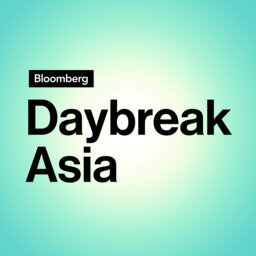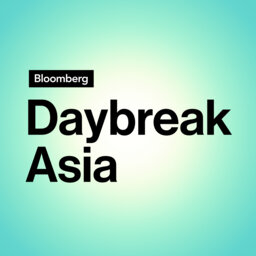China Stocks Soar in Hong Kong, OpenAI New Funding, and Post VP Debate Spin
Featuring:
Terri Spath, Founder and CIO of Zuma Wealth
Katie Roof, Bloomberg Venture Capital Reporter
Charles Stewart III, Distinguished Professor of Political Science at MIT
Apple: https://podcasts.apple.com/us/podcast/bloomberg-daybreak-asia/id1663863437
Spotify: https://open.spotify.com/show/0Ccfge70zthAgVfm0NVw1b
TuneIn: https://tunein.com/podcasts/Asian-Talk/Bloomberg-Daybreak-Asia-Edition-p247557/?lang=es-es
 Bloomberg Daybreak: Asia Edition
Bloomberg Daybreak: Asia Edition


